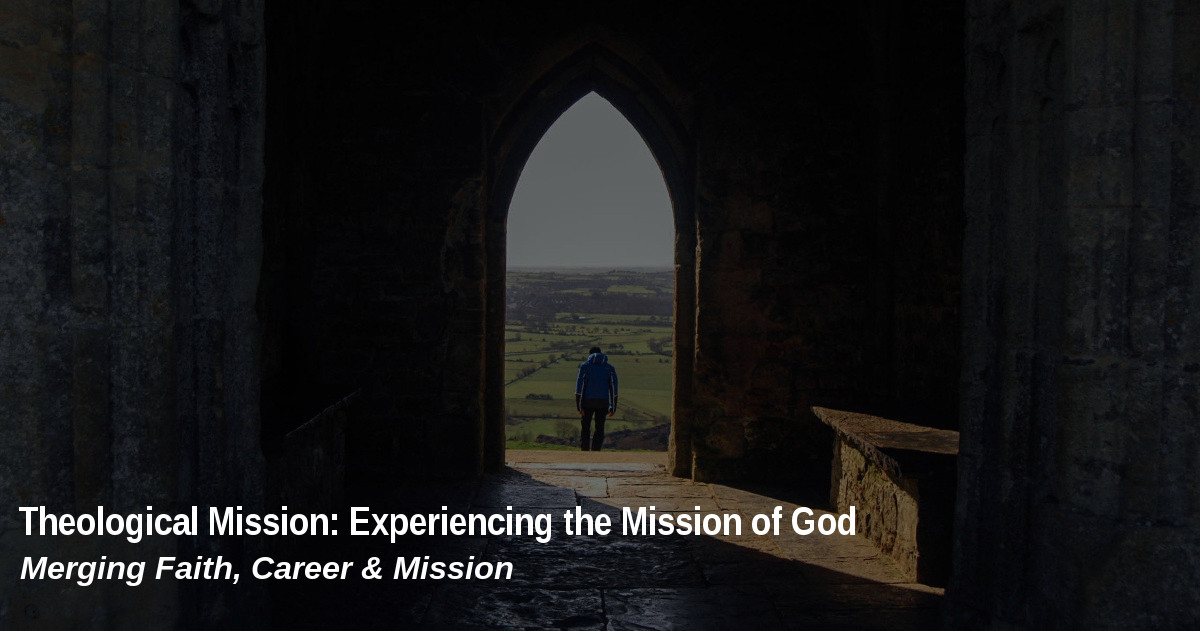DEPARTMENT OF THEOLOGICAL MISSION
Experience Theological Mission
Welcome Message
About the Department
Undergraduate Studies
Experiential Learning
- Dual Enrollment Academy
- Observership
- Undergraduate Certificates
- Practicum
- Associate Degree Experiences
- Observership
- Practicum
- Bachelor Degree Experiences
- Observership
- Practicum
- Field Instruction
- Internship
- Mentorship
- Capstone
- Project
- Portfolio
- Research
- Thesis
Graduate Studies
Experiential Learning
- Graduate Certificates
- Practicum
- Master Degree Experiences
- Observership
- Practicum
- Field Instruction
- Internship
- Mentorship
- Portfolio
- Project
- Research
- Thesis
Doctoral Studies
Experiential Learning
- Doctoral Degree Experiences
- Intro to Doctoral Studies
- Research
- Dissertation
Resources
- School Resources
- University Resources
News and Calendar
- News Archive
- Calendar
Departmental Faculty
Course Descriptions
- Undergraduate Programs
- Graduate Programs
Contact Information

Welcome
Welcome to the homepage of the Department of Theological Mission. As Missional University trains for service in the mission of God, it is imperative that it equips its students to understand the scripture as bearing witness to the missionary heart of God himself. By learning how to read the text missionally, students begin to see where, when, how and with whom God was at work in the past. These glimpses into the missional purposes of God from the pages of scripture enable students to more readily see where God is at work in their own times and places so that they can more readily join in with God in his purposes.
Why Theological Mission?
The Department of Theological Mission works in collaboration with the School of Theological Studies (STS) in developing experiential learning assignments and courses that enable students to apply their instruction courses in biblical studies, missional theology and history, moral and social theology, culture and contextual theology and ecotheology studies.
Through a collective effort with the STS dean and faculty, the department assists the STS in preparing students for service in the mission of God as applied theologians. Various learning modes such as observation practice, participant observation, action learning, action research and clerkship or internship are used to facilitate the holistic development of the student, thus best equipping him or her to effectively and boldly address contemporary issues in society through the missional application of theological concepts.
Depending upon program requirements, each STS student is required to successfully complete one or more of the following experiential learning courses: observership, practicum, field instruction, internship, mentorship, capstone, portfolio, project, research and thesis courses.
Why Missional University?
Experiential learning in Theological Mission at Missional University is based on the six core values of the University:
Biblically Based:
2 Timothy 2:15 exhorts believers to, "Do your best to present yourself to God as one approved, a worker who has no need to be ashamed, rightly handling the word of truth." The Bible is a sure and unshakeable foundation which shall stand in eternity (Matt. 24:35). As such, it is of vital importance for a Christian leader of today to be able to faithfully apply the word of God within the sociocultural contexts where God has called him or her to serve.
Missionally Driven:
Missional University is driven by the concept that Christian believers should become part of the missio dei -- the mission of God in this world. The same applies to the Theological Mission department of the School of Experiential Learning. The department is committed to a missional understanding of the scripture that gives voice to the redemptive and reconciling mission of the trinity. To be missionally-driven then is to participate in the very nature of who God is - and to join with God in his work of redemption, reconciliation, restoration and renewal in varied sociocultural contexts around the globe.
Interculturally Focused:
As a higher education institution, Missional University celebrates the cultural diversity that exists in this world as a reflection of the creative nature of the image of God in humanity. Through experiential learning activities in the Department of Theological Mission, students work out the integration of the gospel, culture, and living as the people of God by envisioning the mission of God in gospel-culture relationships that includes a biblical theology of conversion, an in-culture apologetic, and the contextual experience of the missional people of God.
Contextually Informed:
The Theological Mission department promote practices that honor diversity and are culturally sensitive. The Department of Theological Mission facilitates doing theology in context where individuals express biblical truth in the terms and forms from within their sociocultural context. Students learn how to live, and teach others how to live authentic Christian lives within their personal cultural backgrounds and in accordance with what is deemed appropriate in their sociocultural setting by "taking captive every thought into the obedience of Christ." (2 Cor. 10:5).
Practically Minded:
While understanding basic theories in a given practice is important, Missional University gives equal value to the practical understanding of serving in the mission of God in a given discipline. In keeping with this, the Department of Theological Mission commits to providing opportunities for practical hands-on learning experiences that enable students to try out principles they have learned in their online classrooms.
Experientially Transformed:
The Theological Mission Department integrates experiential learning components in the courses students take in the School of Theological Studies (STS). In order to successfully complete their degrees, STS students are required to complete Observership, Practicum, Internship, and other experientially oriented courses. These learning experiences are designed to better equip students to deal with real life problems in their chosen field. They also empower students to make smoother transitions into their professional careers.
